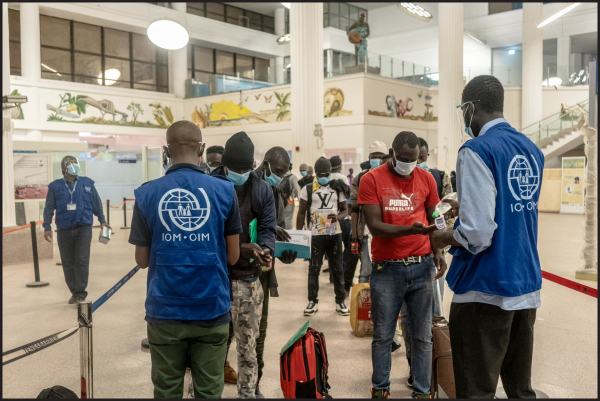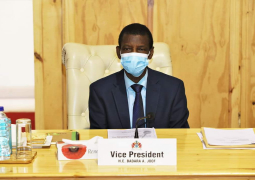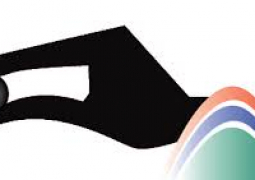
Agadez in Niger is considered geographically positioned for migration to West and Central Africa and a transit for West African migrants travelling to and from Algeria and Libya. Last week, a group of 30 returnees landed in Banjul courtesy of IOM.
Public information officer at IOM Niger, Borothé Thienot, confirmed they have facilitated some 183 assisted voluntary returns, including those who underwent physical and mental abuse such as torture.
Among the recent group of returnees are eight (8) victims of torture. In 2019, two women were discovered to have undergone torture, while a woman and five (5) men were registered to have undergone the same in 2017.
Thienot said 183 Gambians were returned to Banjul voluntarily with IOM in 2020. This process of repatriation goes through stages and processes, including returnees being tested to be medically fit for travel back home.
“We receive a lot of sick and injured migrants to whom we provide medical care until they are fit for travel. Migrants assisted by IOM also have access to psychologists and eventually, even to psychiatrists, where needed,” Ms. Eva Pons, protection officer at IOM Niger, explained in an exchange this week.
For example, CFA 30, 000 was spent on the 30 returnees last week to undergo Covid-19 tests. After they satisfied those tests, a bus is prepared for the group to travel to Niamey, at a cost of CFA 1, 080, 000.
Each Gambian is also given a pocket money of CFA 5, 000 per day. This journey takes three days before the group is scheduled to fly out of Niamey.
For the flight, each pays a ticket CFA 435, 451, totaling CFA 13, 063, 542. So, costs of travel for the group, including bus to Niamey and pocket money were equivalent to CFA 15, 493, 542.
To Eva Pons, migrants’ stories are unique but IOM staff at this transit center observed some patterns among the people assisted: 92% of them are men, about 4% are women and another 4% children. A little more than 90% were returned from Algeria and were met in Assamaka (border town between Niger and Algeria).
In Assamaka, migrants are usually worn out and in quite poor condition, including health condition.
The IOM transit center in Agadez also noted that they have identified and assisted 371 victims of trafficking in their transit centers since 2017. These figures also include Gambians en route to Europe through the Sahara.
“Typically you will see that victims are women, often from Nigeria. The first form of exploitation that we encounter is sexual exploitation,” explained Ms. Eva Pons, protection officer at IOM Niger.
Regarding Search and Rescue (SAR), IOM had 222 rescues (206 men and 16 boys) in 2020. There were another 220 Humanitarian Rescue Operations (HROs) from Assamaka and 2 others from Dirkou (border settlements along the Algeria-Niger border).
“The vast majority are expelled from Algeria: Some also have been saved when they got lost in the desert near Libya... They are mostly ECOWAS citizens (Mali and Guinea, and mostly Sénégal, Nigeria and Burkina Faso),” said Dorothé Thienot, public information officer, IOM Niger.
This list includes Gambians too. However, these other nationalities are the most important these days, Thienot added.
The 1,000-migrant capacity Agadez transit center has been a point of call for migrants who have stayed on the move for many years and tend to have experienced more difficulties during their journeys.
“We do for instance see that conditions experienced in Libya are constantly poor, with high prevalence of detention, violence, abuse and exploitation. We also do witness migrants who have experienced abuses in Algeria, notably abusive working conditions for undocumented migrant workers (for instance in construction),” said Eva Pons, protection officer at IOM Niger.
She explained that they also observed some migrants “may be subject to exploitation and abuses” during their transit time in Niger. These come about either while they tried to work there to raise funds to move further on their irregular journeys and in the process, become exploited; or when they are trying to contract a trafficker to assist them with their movements, also resulting in their abuse.
In worst instances, such situations can end in human trafficking.
Women, even though represent a small part of the total number assisted in Niger, tend to be particularly exposed to abuses and violence, including gender-based violence, Eva said.
Overall, there is a significant drop in Gambians traveling through the Sahara to Europe in past few years, compared to past five to ten years.





